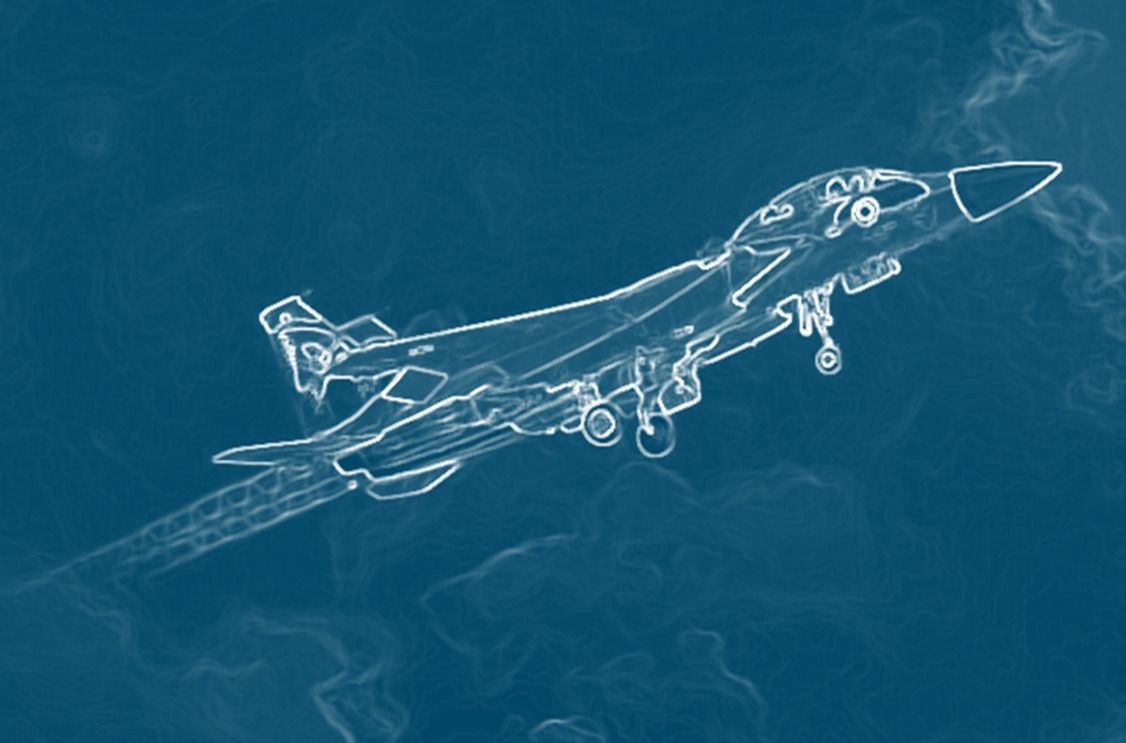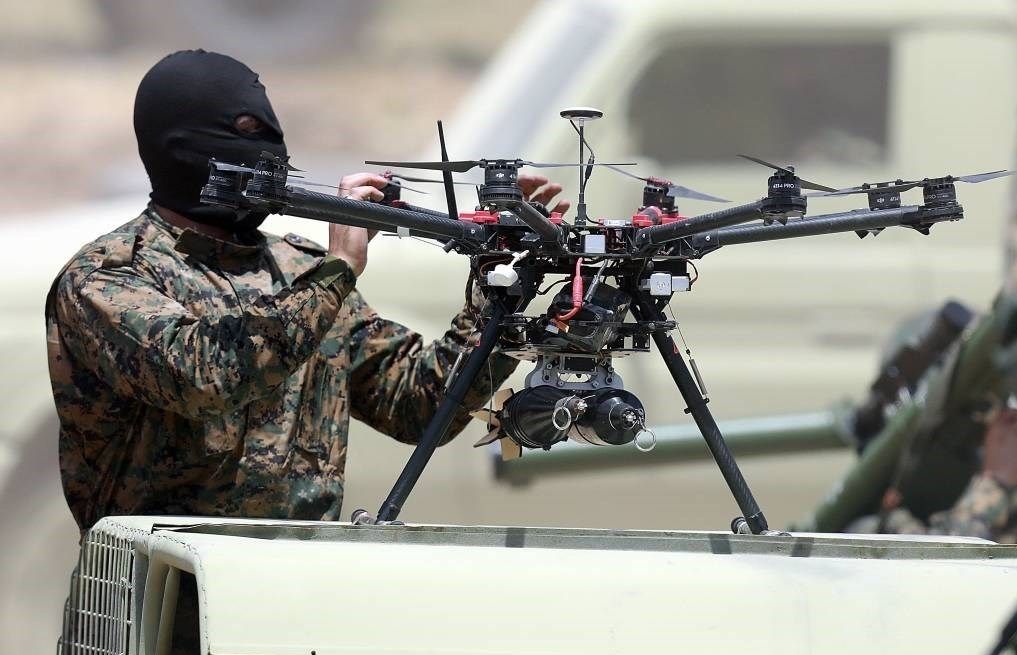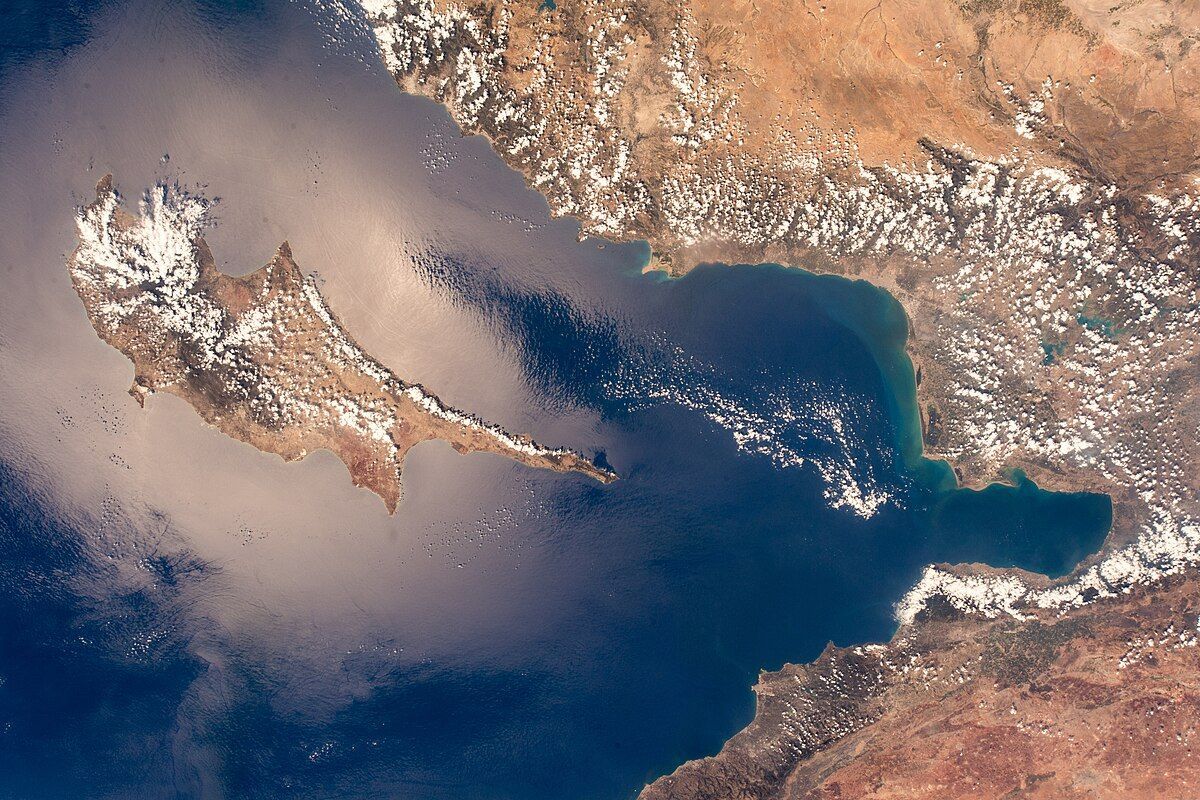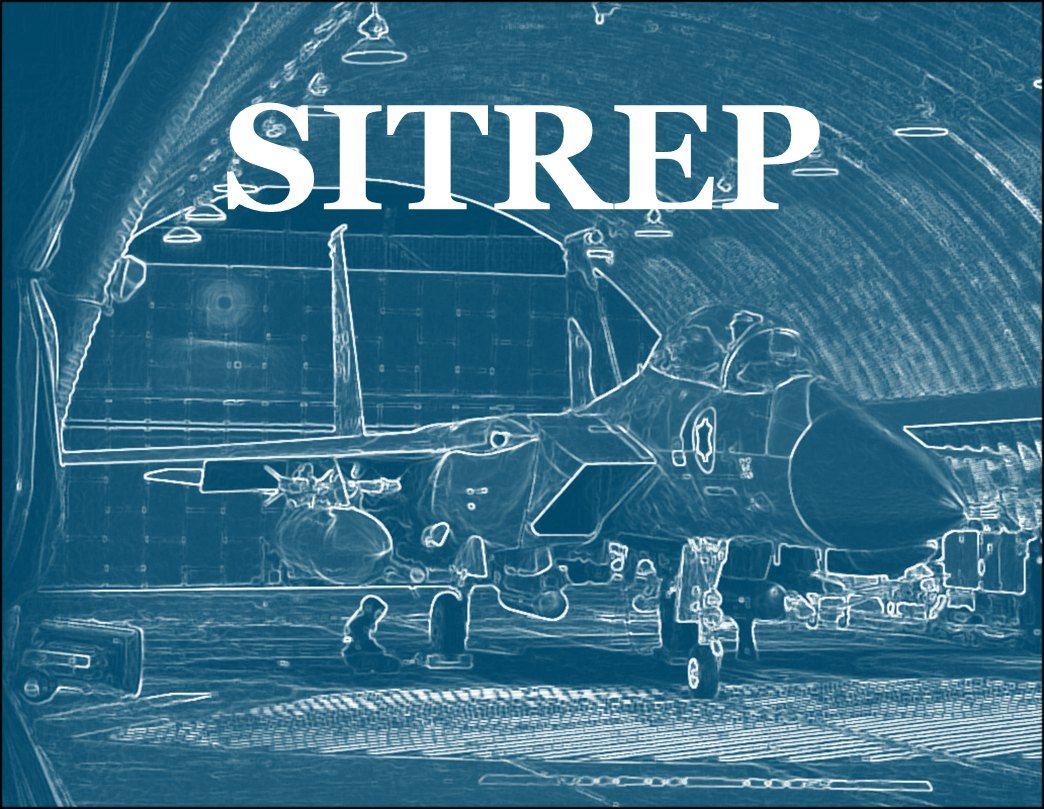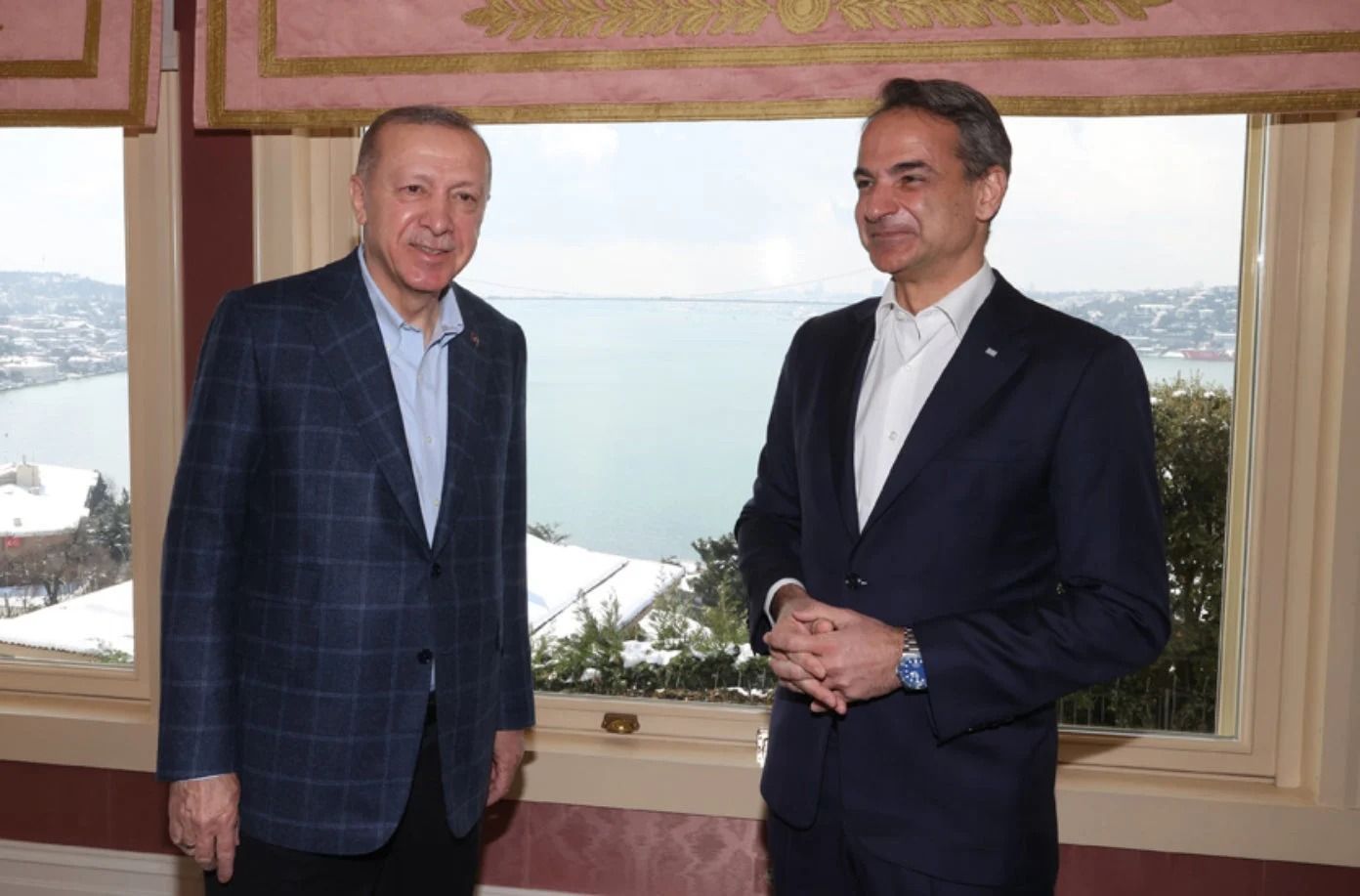20 April 2024
The Situation
On Friday 19 April, Israel struck targets in Isfahan, Iran, including an airbase, missile production complex, and nuclear facilities. Iranian air defence systems reportedly shot down three drones. There were no casualties and satellite imagery indicates minimal damage was caused. This strike, not officially confirmed by Israel, led to international calls for de-escalation.
The alleged strike was the latest round of exchanges between the two countries after Iran launched a major attack on Israel on 13 April, using drones, ballistic missiles, and cruise missiles in retaliation for an alleged Israeli airstrike in Syria that killed senior officers from the Islamic Revolutionary Guard Corps (IRGC) on 1 April.
Iranian officials have downplayed the attack and there has been little public indication that Tehran intends to retaliate. ‘It has not been proved to us that there is a connection between these and Israel’, commented the Iranian foreign minister, Hossein Amir-Abdollahian.
Analysis
Key Judgement 1: De-escalation between Israel and Iran is moderately likely in the short term.
The limited nature of Israel’s alleged drone strike on Iranian soil was likely intentional, to act as a diplomatic off-ramp, enabling both sides to de-escalate. The strike demonstrated Israel’s deterrence capabilities without having caused significant damage, so Tehran will not lose face to a domestic or international audience if it does not retaliate. It is moderately likely that the state-to-state strikes between Israel and Iran will cease in the short term.
Key Judgement 2: the risk for escalation remains high.
With tensions this high between Israel and Iran, the risk for further escalation remains high, despite the apparent intent of both sides to de-escalate. Another incident or miscalculation could result in the resumption of tit-for-tat strikes between both countries.
Key Judgement 3: geostrategic competition will resume a ‘hybrid’ nature.
Although both sides are keen to de-escalate and avoid further overt confrontation, a state of hybrid warfare – or ‘the war between wars’, as Israel calls it – will very likely continue. This will involve the use of military and non-military means below the threshold of open war to degrade the adversary’s capabilities. Iran may intensify its use of its proxies in the near future.

